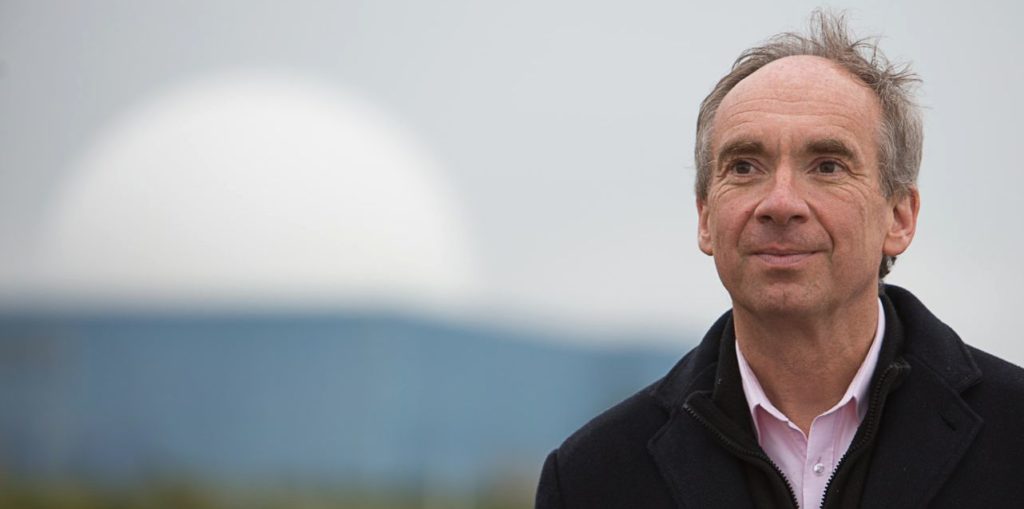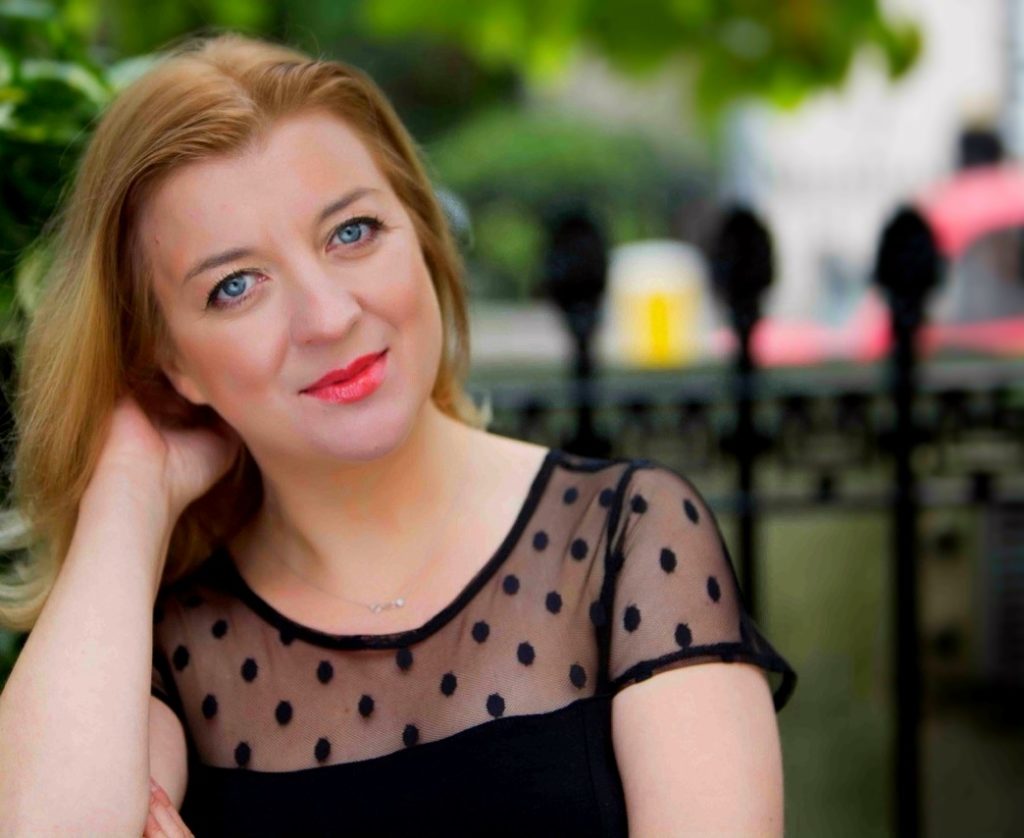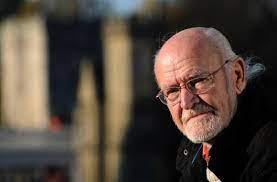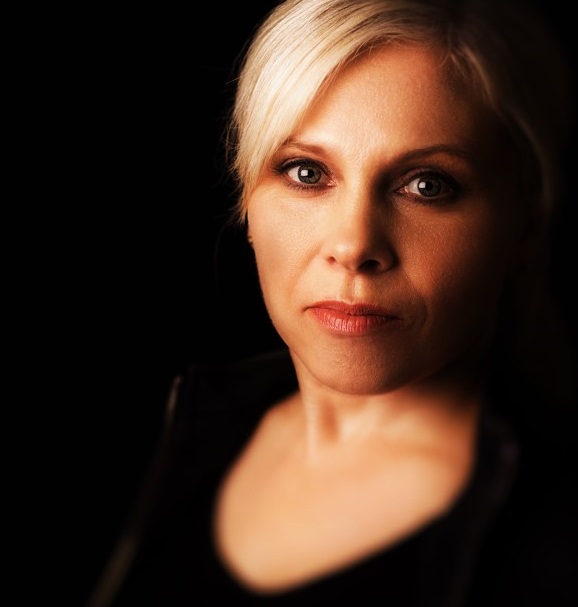
Tenor James Gilchrist
THIS was an all-English evening and the first this year to include a singer. James Gilchrist lent his eloquent tenor to songs by the first great song-writer John Dowland and by Rubbra and Leighton, alongside instrumental works by Bliss and Britten.
It was a smart idea to include the two Dowland songs upon which Britten based his Lachrymae variations. Both were given in ‘consort’ versions, with a string quartet mimicking the sound of viols. It was certainly satisfactory, although we hardly felt the dance rhythms on which they were built.
What madethem a success, however, was Gilchrist’s intensity, allied to excellent diction. A sole example was his spine-tingling sforzando twice on ‘hell’ in the final verse of ‘Flow my tears’. ‘If my complaints’ was the very essence of melancholy, Dowland’s forte.
Britten wrote his Lachrymae, subtitled ‘Reflections on a song of John Dowland’, in 1950 for viola and piano. But this was his Op 48a, that tiny ‘a’ indicating the version he wrote 26 years later for viola and small string orchestra. It was a treat to hear it in this format, which turns the work into a virtual concerto. Simone Gramaglia was the thoughtful soloist, partnered by a star-studded octet.
Essentially this is a theme and variations in reverse, with Dowland’s ‘Flow my tears’ emerging radiantly at its close after a tortuous journey. Gramaglia led from the front, invigorating his posse with his rhythmic verve and insights.
When bold low strings (built on Will Duerden’s double bass) grew urgent, he soared high above, then asserting his authority in the cadenza. His tremolo led into a rushing passage before the calm dénouement.
In a sense we had also been in the Elizabethan era with Rubbra’s Two Sonnets by William Alabaster (1567-1640). These involved the viola of Simone van der Giessen, along with Gilchrist and the piano of Anna Tilbrook.
They were intense and prayerful, with tenor and viola blending especially well. In ‘Upon the Crucifix’ the pleading was mellowed by more positive thoughts, whereas the quite deliberate tempo of ‘On the Reed of Our Lord’s Passion’, with insistently dissonant viola and piano, underlined the agitation involved in Christian belief. Gilchrist’s delivery was a model of dramatic perplexity.
Gilchrist and Tilbrook also presented two movements from Kenneth Leighton’s cantata Earth, Sweet Earth. ‘Prelude’ sets a passage from Ruskin’s autobiography as a dreamscape, finishing high on a pianissimo falsetto. Gilchrist took it in his stride.
The icy terrain of ‘Contemplation’ by Hopkins grew ever more intense, and demanded particular accuracy from Tilbrook. She delivered in spades.
This left Bliss’s Clarinet Quintet, with Matthew Hunt in the leading role. Benjamin Baker led the strings, with the support of Emma Parker, Simone van der Giessen and Rebecca Gilliver. There was a lovely flow to the dialogue at the start, contrasting strongly with the taut, staccato excitement of the Allegro molto which melted into a contemplative mood.
The Adagietto had an elegiac aroma, progressing into a sighing romanticism. The finale was a real caper, leavened by syncopation right from the start. But there was still room for Hunt’s trademark cantabile before an exciting coda. The strings had kept close order with the clarinet, making their presence felt whenever possible. Teamwork was the order the evening.
Review by Martin Dreyer





